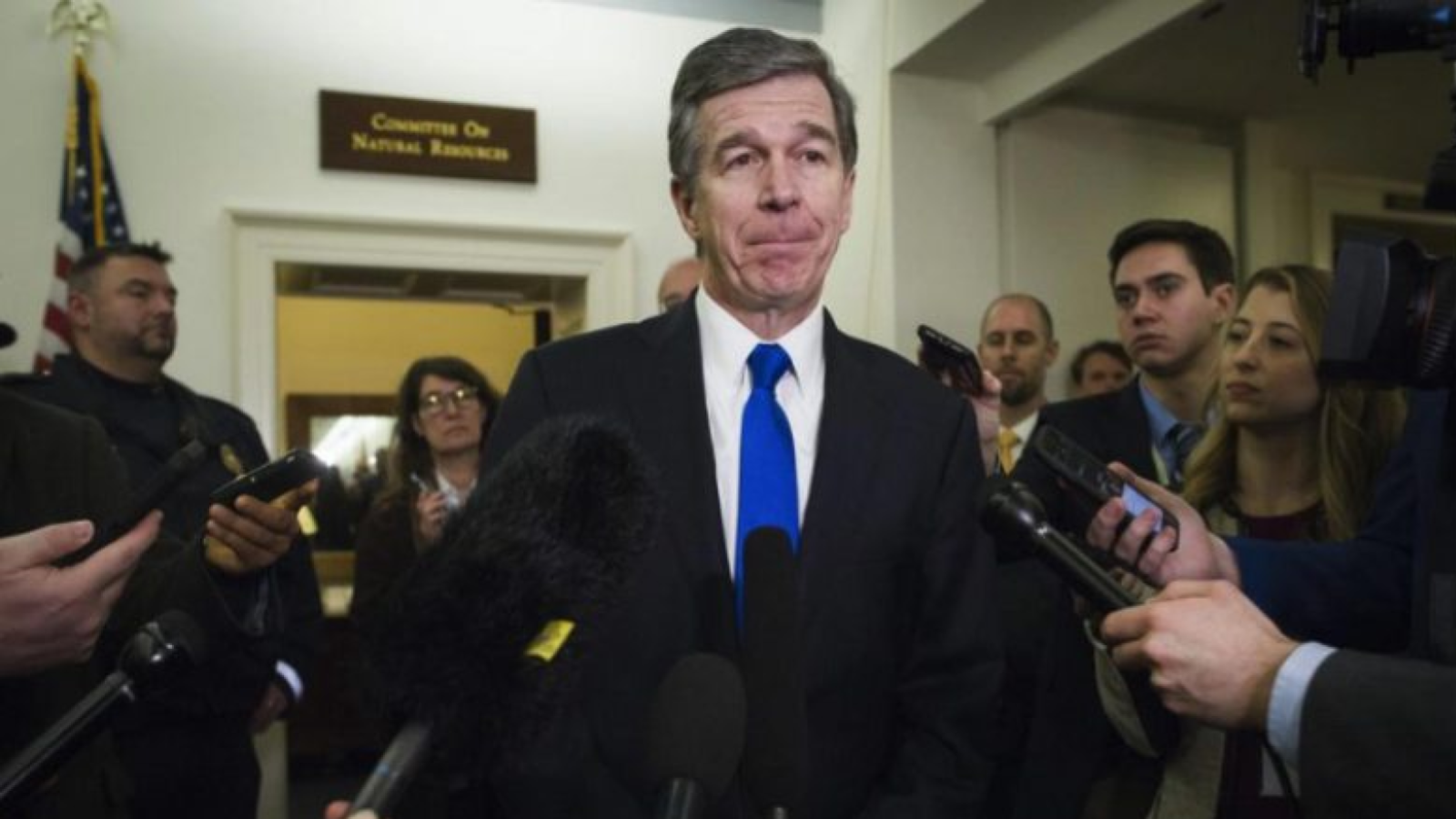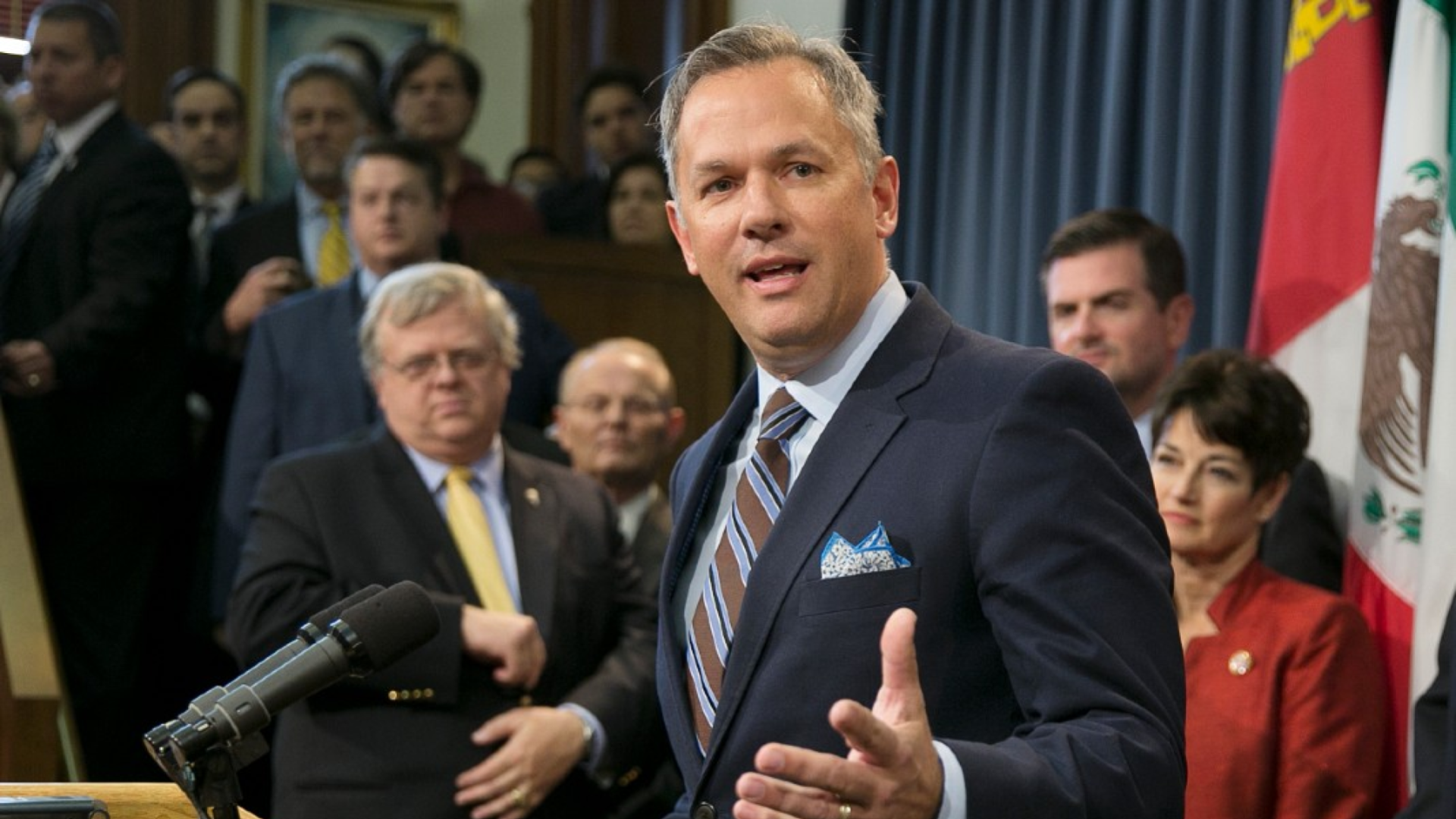Current Position: Governor since 2017
Affiliation: Democrat
Former Positions: Attorney General from 2001 – 2017; State Senator from 1991 – 2001; US Representative from 1987 – 1991
While in law school, then-Governor Jim Hunt appointed Cooper to the State Goals and Policy Board, an advisory group that sought to achieve long- and short-range goals and policies for the state. Hunt also appointed Cooper to the Interim Balance Growth Board and the North Carolina 2000 Commission. In 1982, Cooper joined the law firm Fields, Cooper & Henderson in Nashville, North Carolina, the same firm his father had been a member o. Three years later, he was named a partner in the firm.[16]
Cooper served as the Rocky Mount and Nash County chairman of Lauch Faircloth’s unsuccessful 1984 gubernatorial campaign. He was a member of the Rocky Mount Chamber of Commerce and UNC-Chapel Hill’s Board of Visitors.
Featured Quote:
Business is thriving in North Carolina, and it’s not hard to see why — our talented workers, welcoming communities and nationally-ranked universities and community colleges continue bringing more companies to our great state.
Coronavirus Briefing: NC Gov. Roy Cooper (07/21/21)
OnAir Post: Roy Cooper – NC



